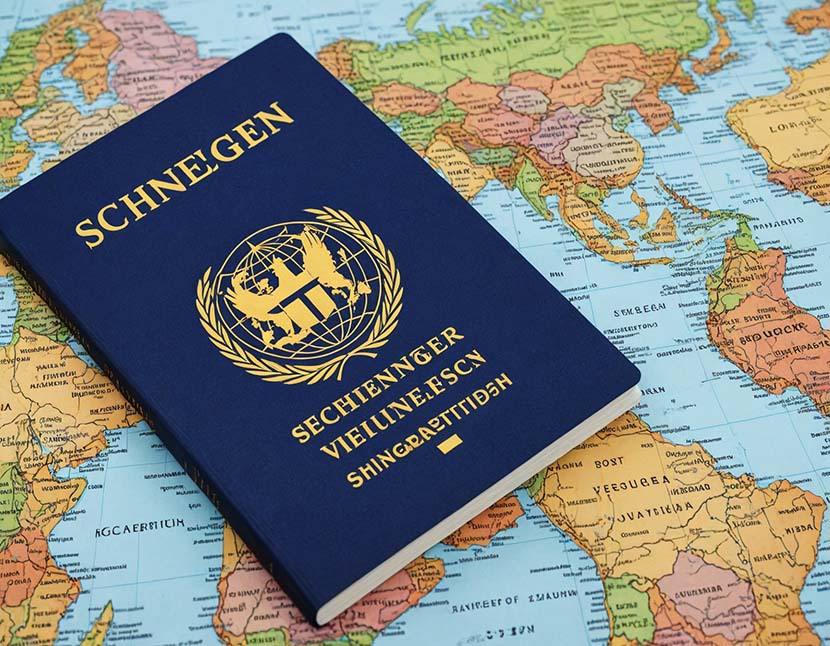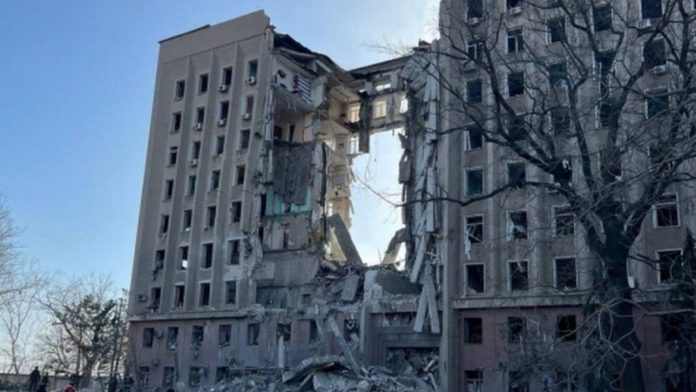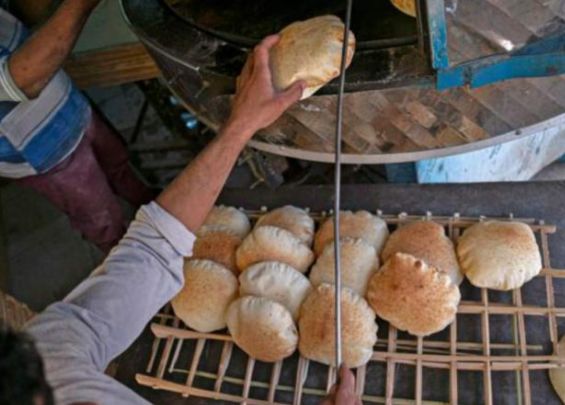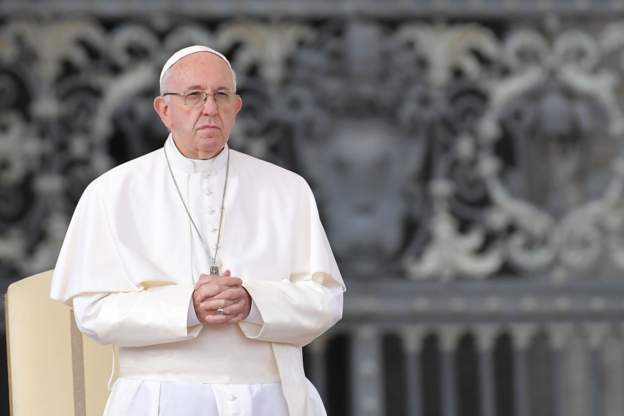Schengen Countries with Room for Improvement: 5 Nations with Challenging Education Systems

The Schengen Area, comprising 26 European countries, is renowned for its high standard of living, economic stability, and excellent education systems. However, like any other region, the Schengen Area is not immune to challenges, and some of its member countries face difficulties in providing quality education to their citizens. In this article, we’ll explore 5 Schengen countries with worse education systems, highlighting the challenges they face and the efforts being made to address them.
- Bulgaria: Struggling with Funding and Brain Drain
Bulgaria, the poorest country in the European Union, faces significant challenges in its education system. The country’s education budget is one of the lowest in the EU, resulting in inadequate funding for schools, outdated textbooks, and a shortage of qualified teachers. Additionally, Bulgaria is experiencing a brain drain, with many of its brightest students and professionals immigrating to other EU countries in search of better opportunities.
- Croatia: Dealing with Inefficient Bureaucracy and Corruption
Croatia’s education system is plagued by inefficiencies and corruption. The country’s bureaucratic system is often slow and unresponsive, leading to delays in implementing education reforms and allocating resources. Corruption is also a significant issue, with reports of bribery and nepotism in the education sector. These challenges have resulted in a lack of trust in the education system and a shortage of qualified teachers.
- Hungary: Facing Challenges with Segregation and Funding
Hungary’s education system is struggling with segregation and inadequate funding. The country’s Roma minority is often segregated from the rest of the population, resulting in limited access to quality education. Additionally, Hungary’s education budget is relatively low, leading to a shortage of resources and qualified teachers.
- Romania: Dealing with Inadequate Infrastructure and Teacher Shortages
Romania’s education system is facing significant challenges, including inadequate infrastructure and a shortage of qualified teachers. Many schools in rural areas lack basic amenities, such as heating, sanitation, and internet access. Additionally, Romania is experiencing a shortage of qualified teachers, particularly in subjects like mathematics and science.
- Slovenia: Struggling with Inefficient Administration and Limited Funding
Slovenia’s education system is struggling with inefficient administration and limited funding. The country’s education bureaucracy is often slow and unresponsive, leading to delays in implementing education reforms and allocating resources. Additionally, Slovenia’s education budget is relatively low, resulting in a shortage of resources and qualified teachers.
While the Schengen Area is renowned for its high standard of living and excellent education systems, some of its member countries face significant challenges in providing quality education to their citizens. Bulgaria, Croatia, Hungary, Romania, and Slovenia are just a few examples of Schengen countries with worse education systems. Addressing these challenges will require a concerted effort from governments, educators, and civil society to ensure that all citizens have access to quality education and the opportunities it provides.
Source: Thepressradio.com| BA





